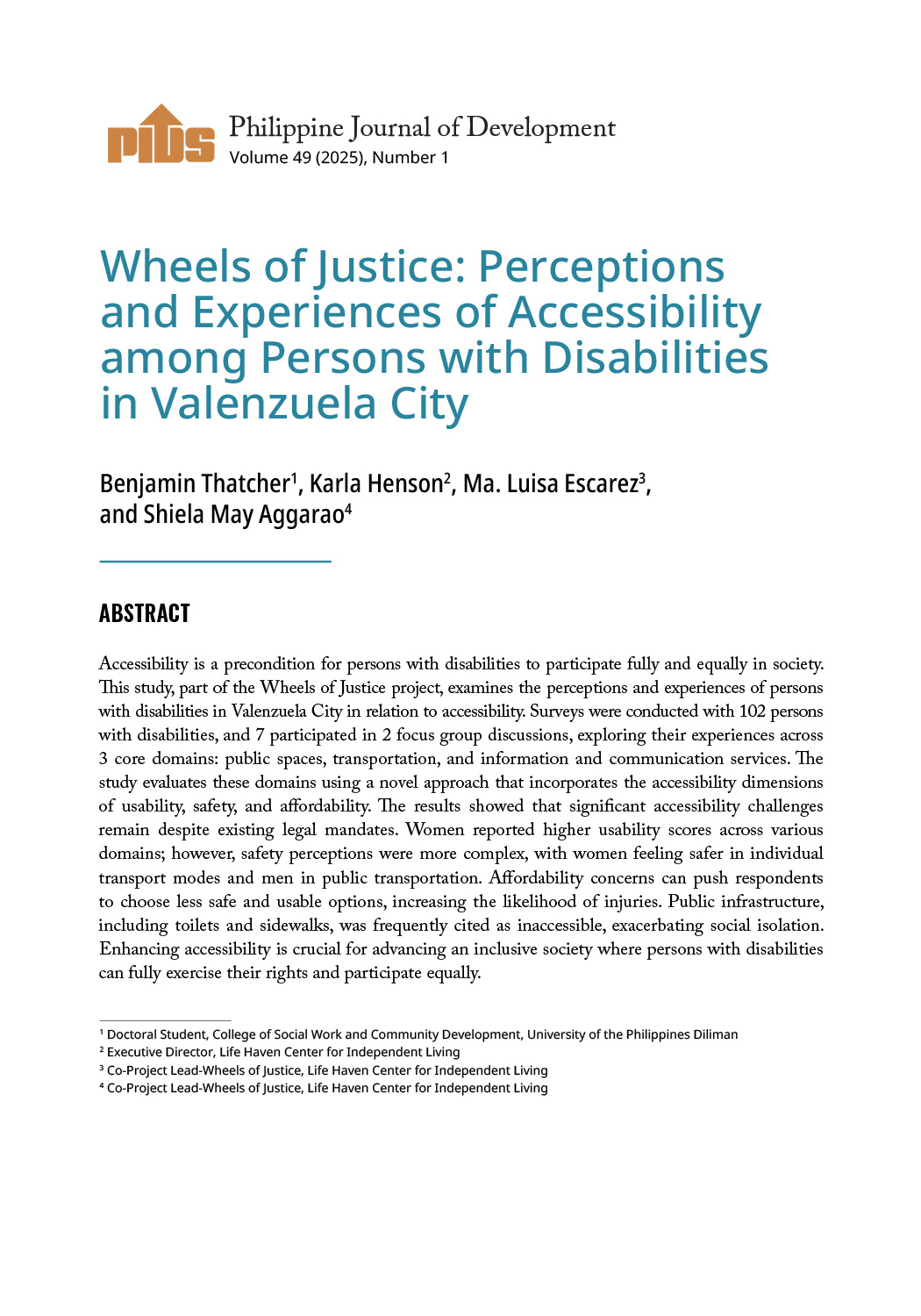Having family members in office all at the same time could be prohibited, while having family members serving one after another could be allowed.
With unending discussions on an anti-political dynasty law, experts are now proposing a compromise to make the measure more amenable to Congress.
With 78% of Congress belonging to dynasties, lawmakers have been hesitant to pass such a law despite a constitutional provision saying so.
University of the Philippines political science professor Amado Mendoza said Congress, tasked to enact the law, would not want to kill
"Nobody will want to kill themselves, will voluntarily assassinate their political carreers unless they are forced to," the professor said.
Ateneo School of Government dean Ronald Mendoza, who has studied dynasties in the Philippines, made a "politically feasible" suggestion to address the seeming impasse.
Instead of banning dynasties altogether, it would be best to regulate them by prohibiting "fat dynasties" or families with two or more members in power all at the same time and allowing those who serve in succession (thin dynasties).
"I would consider na puwede ang sunod-sunod na magkakamag-anak na tumakbo. 'Yung sunod-sunod may konti pang delicadeza pero 'pag sabay-sabay na fat dynasties, wala nang checks and balances," Mendoza said during a Senate hearing on Thursday, February 15.
(I would consider allowing relatives who serve in succession. They have a bit of delicadeza compared to fat dynasties, where there are no checks and balances.)
"Ito po ay isang politically feasible suggestion dahil iniisip nating lahat paanong papasa lahat 'to, kung 84% of governors, 78% of Congress are dynastic, almost 70% of mayors are dynastic. Paano papasa pa ito?" he said in a separate interview.
(This is a politically feasible suggestion because we are all thinking now how this measure can be passed if 84% of governors, 78% of Congress, almost 70% of mayors are dynastic. How will the measure be passed?)
Mendoza said there are still political families that have "delicadeza" or those that are cautious of their public image.
He added that studies point to fat dynasties as the main cause of poverty in provinces.
"Mayroong dynasty na magkakasunod lang sila, hindi nagsasabay-sabay. Ang tingin po namin do'n sa pattern na 'yun ay they still care about their legacy. Ayaw din po nila na napakasama ng tingin sa kanila ng taong bayan," Mendoza said.
(There are dynasties where members are running in succession, not all at once. In that pattern, we see that they still care about their legacy. They don't want the public to look negatively at them.)
Hopeful
Mendoza is positive that Congress would pass a law regulating political dynasties once and for all. After all, it would be beneficial to thin dynasties, as their positions are now being encroached by fat dynasties.
"Even for their own political survival... Whose positions are they grabbing? 'Yun pong thin nanganganib dahil pa-expand nang pa-expand ang fat dynasties. Paubos nang paubos ang positions, nakukuha ng fat dynasty (Thin dynasties are being threatened because fat dynasties are expanding. The positions are now limited because the fat dynasties are getting them)," Mendoza said.
Jose Ramon Albert, a research fellow at the Philippine Institute for Development Studies, agreed that an alternative proposal could help push the measure forward.
"We have been putting the wrong questions. Ang tendency ng pulitiko for the past years, kinakatakutan i-define dynasty kasi sila apektado... Ang ayaw lang natin magkaroon ng sitwasyon na hindi tayo nagiging open sa pagbabago (The politicians' tendency for the past years is to fear defining a dynasty because they are directly affected. What we don't want is to have a situation where the people are no longer open to change)," Albert said.
Senator Francis Pangilinan, chairman of the Senate committee on constitutional amendments and revision of codes, remains noncommittal at this point. He said he would have to consult Senator Leila de Lima first, as she is the chairperson of the primary committee.
As for the degree of relations covered, Pangilinan said he is open to adopting the provision in the Sangguniang Kabataan law prohibiting relatives of government officials up to the second degree of consanguinity or affinity from running.
"Pag-aaralan natin 'yun.... Bukas tayo paano matutulak ang panukala na kinokonsidera rin na may mga political realities," he said. (We will study that.... We're open to pushing for a measure that would also consider political realities.)
At present, nearly all members of the Senate come from political families. At least 11 of them have relatives also currently holding elective posts.
• Juan Edgardo Angara
• Nancy Binay
• Joseph Victor Ejercito
• Francis Escudero
• Sherwin Gatchalian
• Manny Pacquiao
• Ralph Recto
• Vicente Sotto III
• Joel Villanueva
• Cynthia Villar
• Juan Miguel Zubiri












